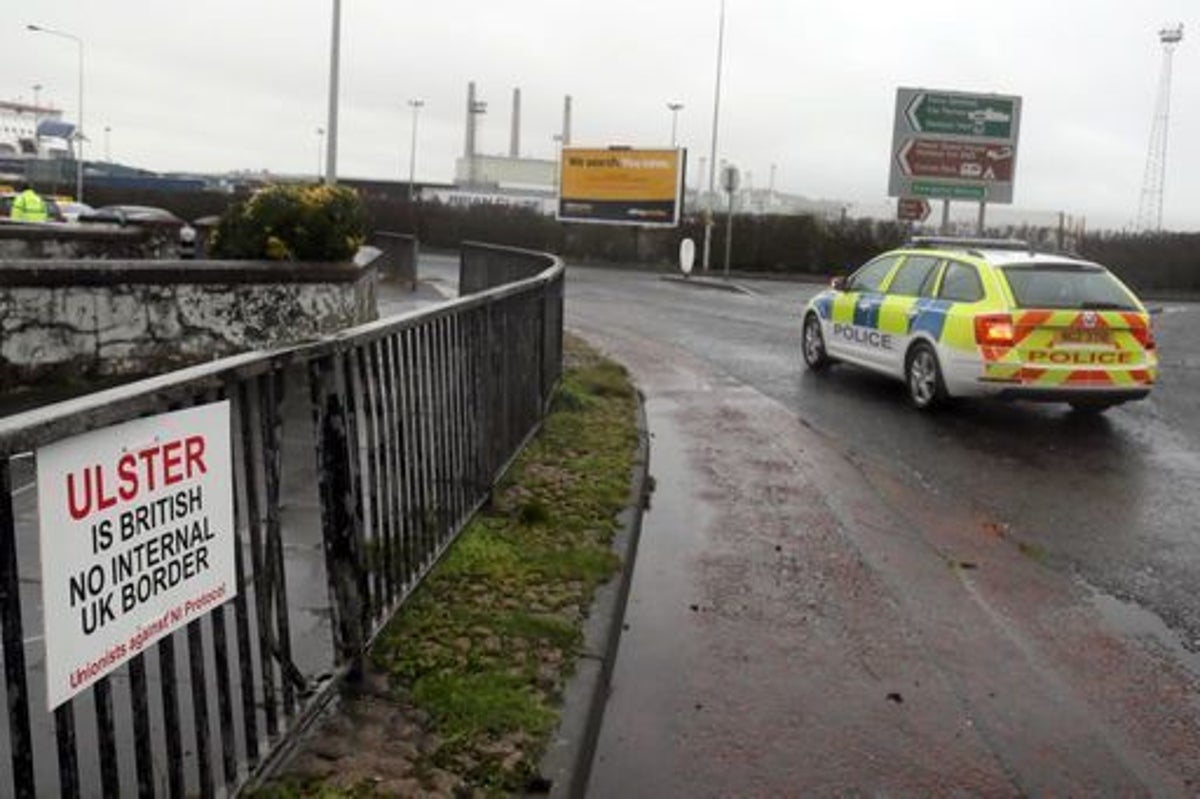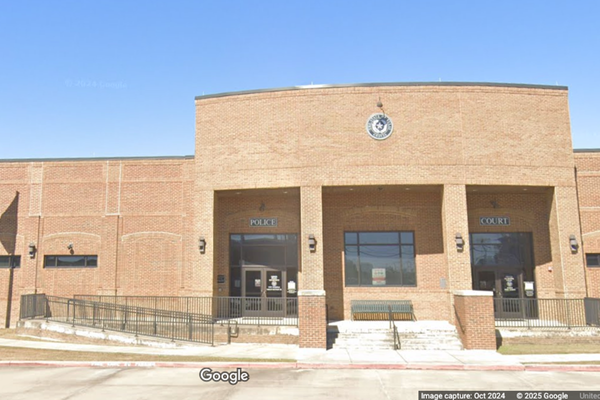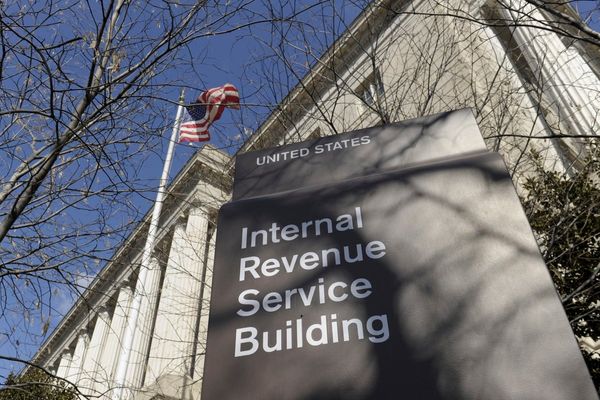
Rishi Sunak is visiting Belfast as speculation grows that a deal between the UK and EU to end the long-running dispute over the Northern Ireland Protocol could be in sight.
The prime minister has joined Northern Ireland secretary Chris Heaton-Harris for “engagement” talks with Stormont political parties and is expected to meet European Commission president Ursula von der Leyen next ahead of an announcement anticipated before the close of February.
Negotiators are reportedly optimistic about the prospect of reforming the protocol, which governs trade across the Irish sea post-Brexit, by streamlining border checks through the introduction of a “green lane” between Great Britain and Northern Ireland.
However, Mr Sunak will face an uphill battle to win over the Democratic Unionist Party (DUP) and Tory hardliners in the European Research Group, neither of whom are inclined to compromise and both of whom are staunchly against the idea of any further European involvement in the governing of Northern Ireland.
Earlier this month, the UK Supreme Court ruled that the protocol is lawful, brushing aside a challenge from unionist politicians arguing it breaches the Acts of Union and the Northern Ireland Act.
The court unanimously rejected their appeal after it had previously been dismissed by the High Court and Court of Appeal.
The unionists had insisted the protocol violated the Acts of Union’s requirement that all UK home nations be treated equally in matters of trade, that it altered Northern Ireland’s constitutional status without a referendum and complained that the secretary of state had not been granted the power to change Stormont’s cross-community voting rules in relation to it.
But the judges concluded that: “Parliament, by enacting the 2018 Act and the European Union (Withdrawal Agreement) Act 2020, authorised the making of the protocol. The clear intention of Parliament in enacting these Acts was to permit the Crown to make the protocol.”
Reacting to the verdict, a British government spokesman said: “We welcome that the Supreme Court has reaffirmed the sovereignty of Parliament in approving and legislating for the agreement negotiated in 2019.
“However, this does not change our determination to address the real problems the protocol is causing in Northern Ireland. Intensive talks with the EU continue to that end, looking across the full range of issues we have raised.”
Last summer, just prior to his defenestration as prime minister, Boris Johnson had threatened to tear up the complex trade agreement, which he himself had played a role in formulating with the EU in 2019, after publishing a revised Northern Ireland Protocol Bil on 13 June.
That bill aimed to grant ministers sweeping new powers to override the agreement while also empowering the UK over tax and state subsidies in the region without oversight from Europe but provoked a furious reaction in both Brussels and Dublin, with legal action and a Tory rebellion threatened.
Irish premier Micheal Martin said it was “very regrettable for a country like the UK to renege on an international treaty”, EU chief negotiator Maros Sefcovic said that the UK’s initiative was “damaging to mutual trust” and a majority of members of the Northern Ireland Assembly, including all Sinn Fein, SDLP and Alliance representatives, signed a joint letter urging him to abandon his “reckless” rewrite.
However, Mr Johnson’s ousting by his own MPs in early July and the autumn of Westminster chaos that followed has caused the issue to be left unresolved until now.
Here is everything you need to know about the background to the issue.
What is the Northern Ireland protocol?
The protocol was agreed as part of the Brexit deal and is designed to protect the Good Friday Agreement by avoiding a contentious hard border on the island of Ireland.
To allow goods to move freely between Northern Ireland and the Republic of Ireland and avoid that hard border, the former remained in the EU’s single market for goods.
But Northern Ireland also stayed in Great Britain’s market too because it remains part of the UK.
What is the Irish Sea border?
After Brexit, Northern Ireland’s border with the Republic also in effect became the UK's new border with the EU and, with the UK and EU now following different customs rules, a trade barrier became a matter of (awkward) necessity.
As a solution, the UK and EU government agreed to a deal that would see customs checks at Northern Ireland’s ports, creating a de facto border down the Irish Sea.
Why were the DUP and unionists unhappy with the new arrangements?
Since its implementation, disruption to trade has been seen because laborious checks are required on certain goods entering Northern Ireland from Great Britain and vice versa.
This is because the the latter no longer follows EU customs rules while Northern Ireland continues to do so.
The most onerous checks are on animal and plant-based products because the UK and EU follow different quality standards in assessing these sensitive items.
The full range of checks has not yet been implemented, with a number of grace periods still running.
This disruption to trade has angered the unionist community.
But, perhaps more importantly, the unionists believe the new arrangement has cut Northern Ireland further adrift from the rest of the UK and prompted some to argue that the protocol poses an existential threat to the country's constitutional status.
What is Article 16?
Article 16 is a technical term given to a Brexit clause that allows the UK and the EU to suspend any part of the agreement that causes “economic, societal or environmental difficulties”.
The DUP say the Irish Sea border ticks those boxes and has called on the UK to trigger the clause to remove elements of the protocol.
Mr Johnson said he would consider doing so but neither he nor the DUP set out what would replace the protocol if Article 16 were indeed to be actioned.
What has the EU said?
Mr Sefcovic has consistently stood firm, saying renegotiation of the protocol was “not an option” and that unilateral action by the UK would make work on possible solutions “more difficult”.
“The EU has been open to joint work with the UK on implementing the protocol to bring long-term legal certainty and predictability to the people and businesses in Northern Ireland,” he said.
“The EU remains open to such discussions. Only joint solutions will work. Unilateral action by the UK would only make our work on possible solutions more difficult.
“The protocol, as a cornerstone of the Withdrawal Agreement, is an international agreement. Its renegotiation is not an option. The European Union is united in this position.”







